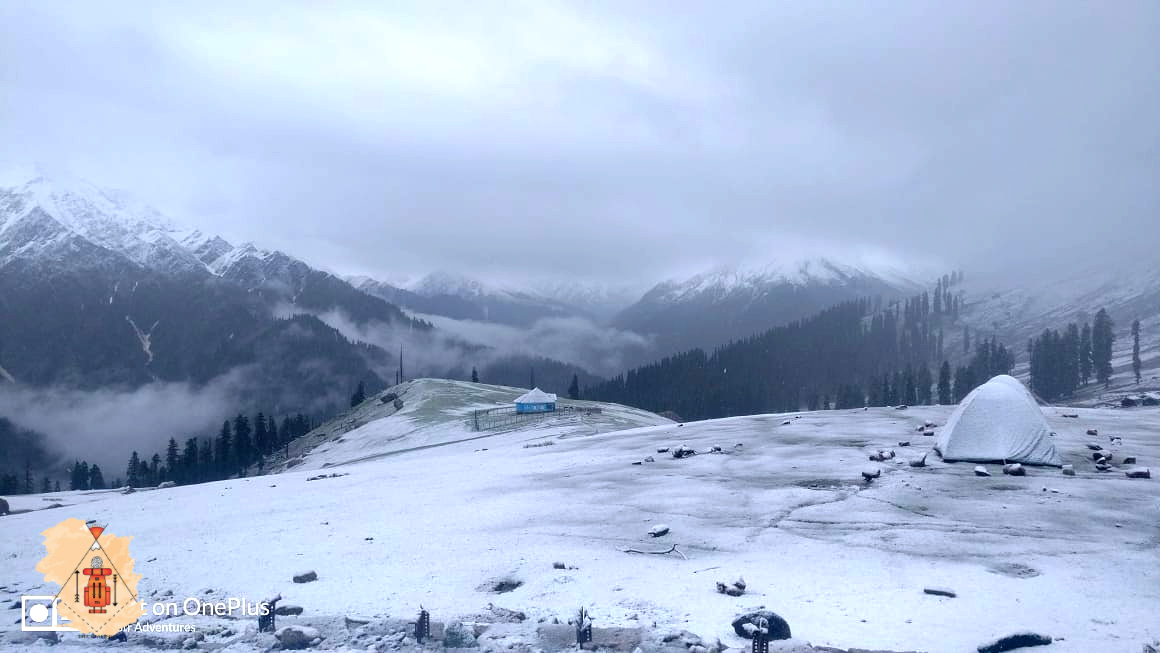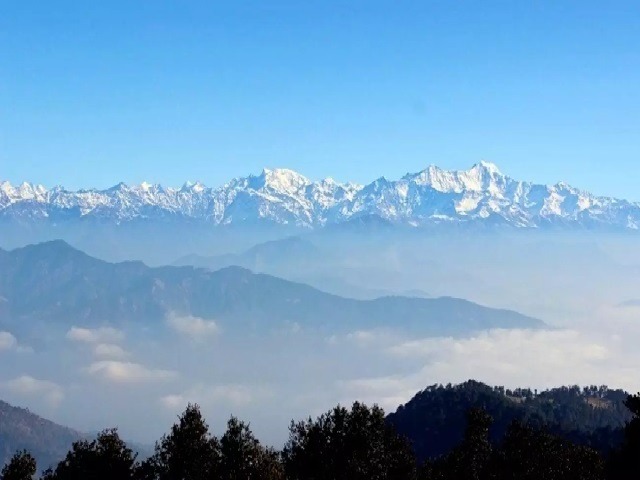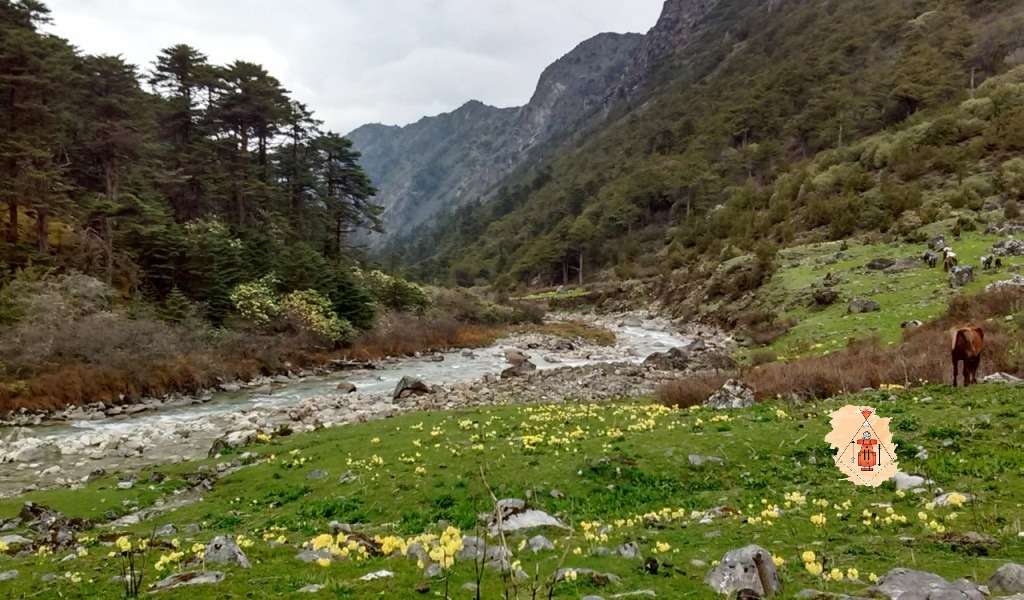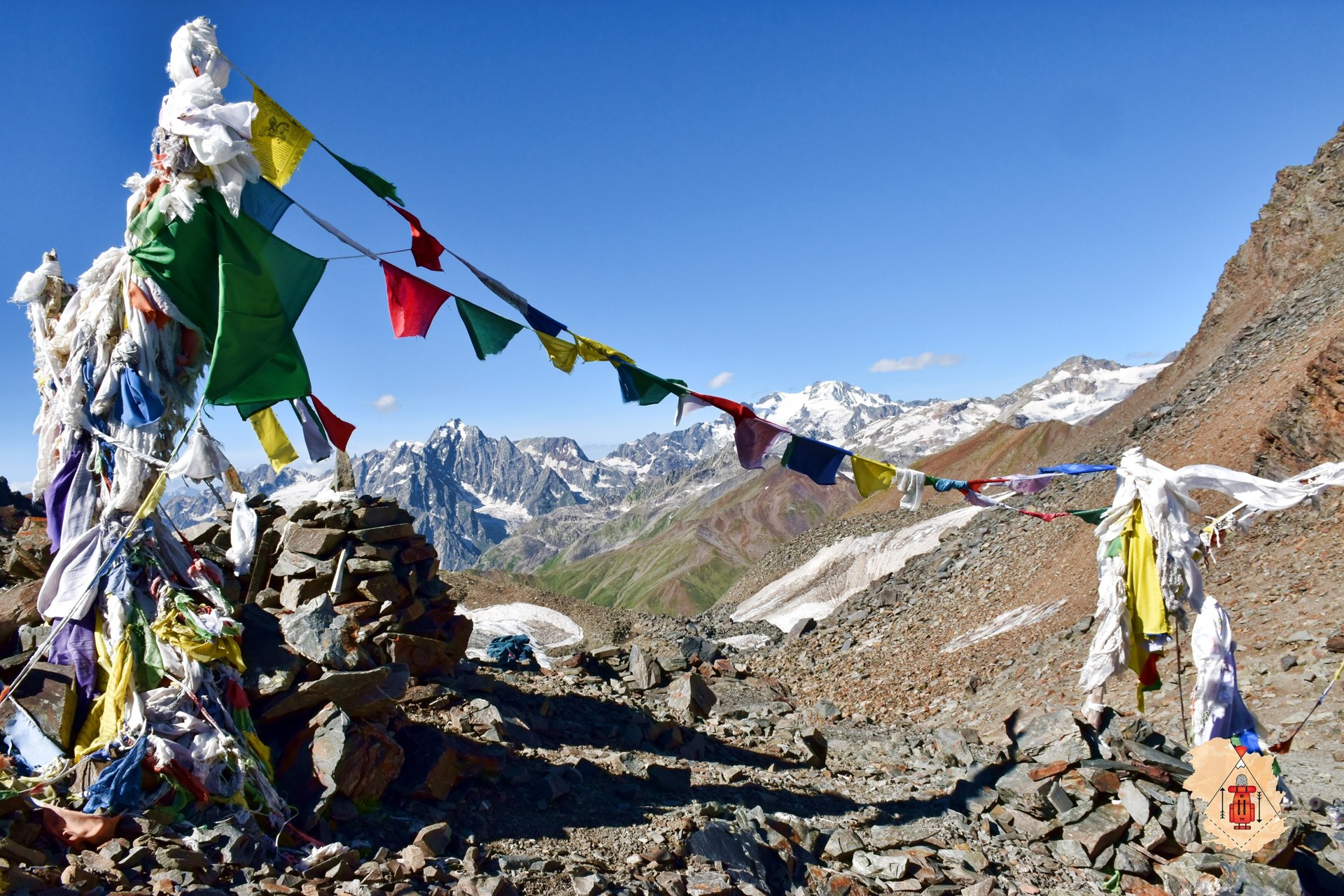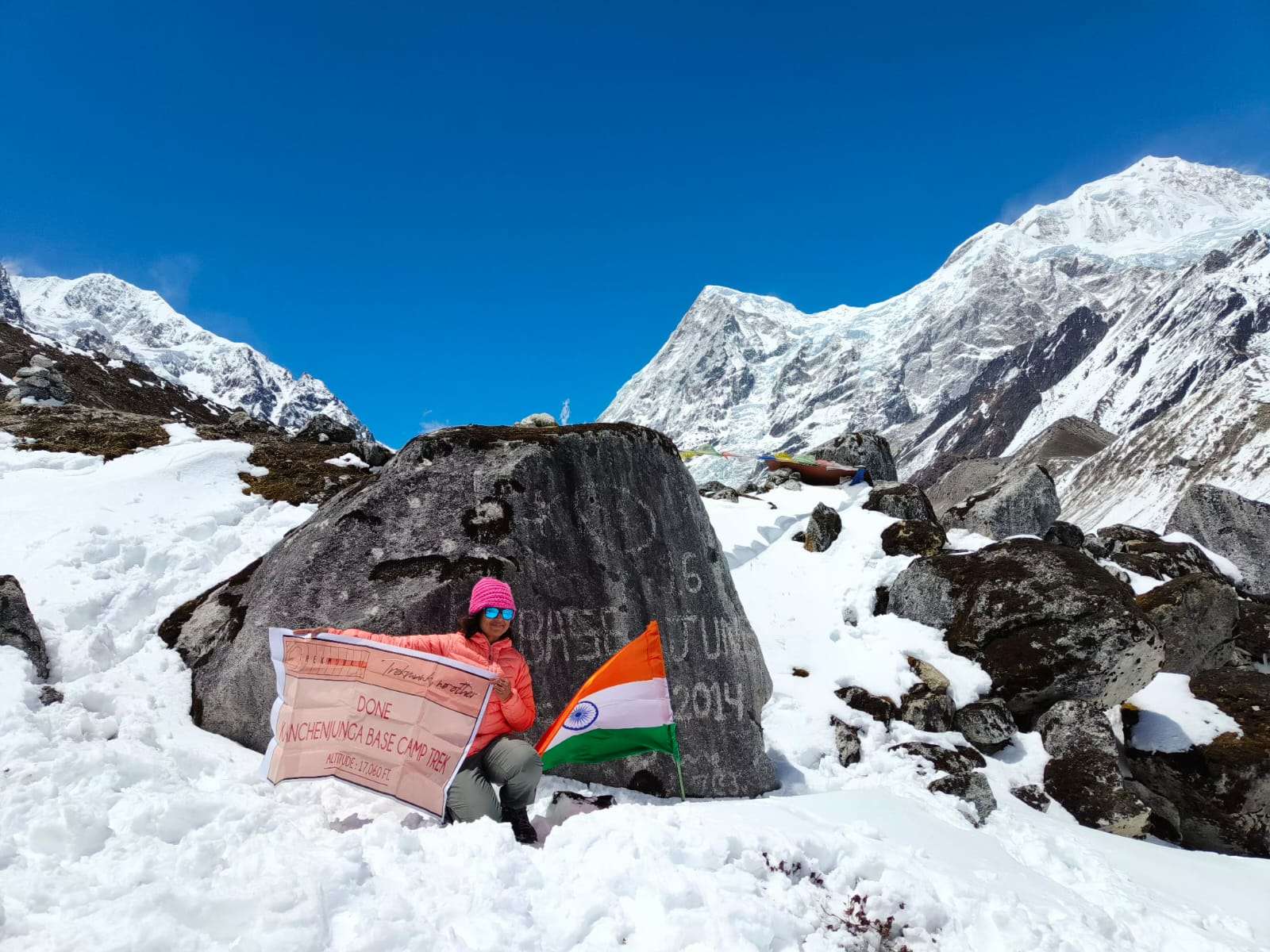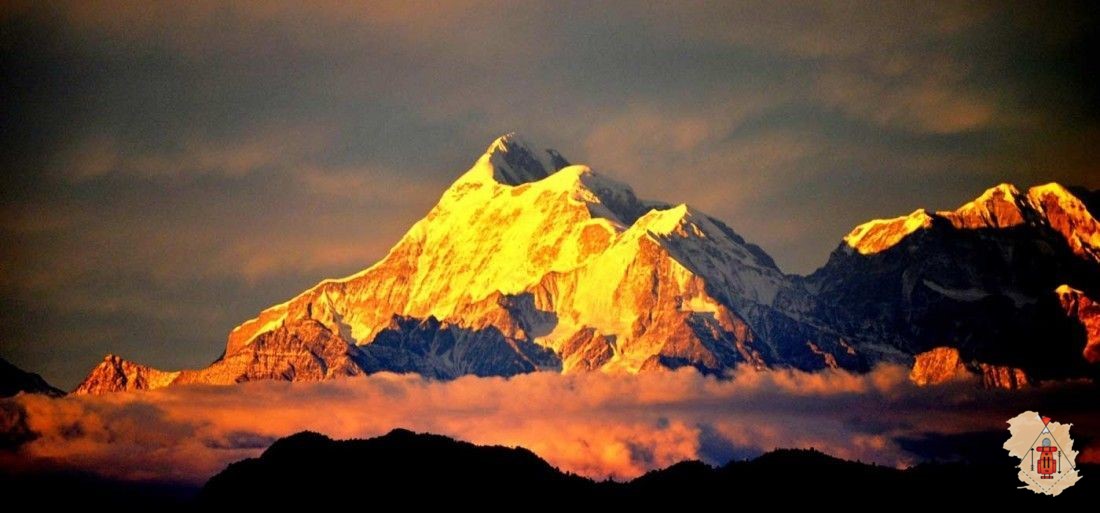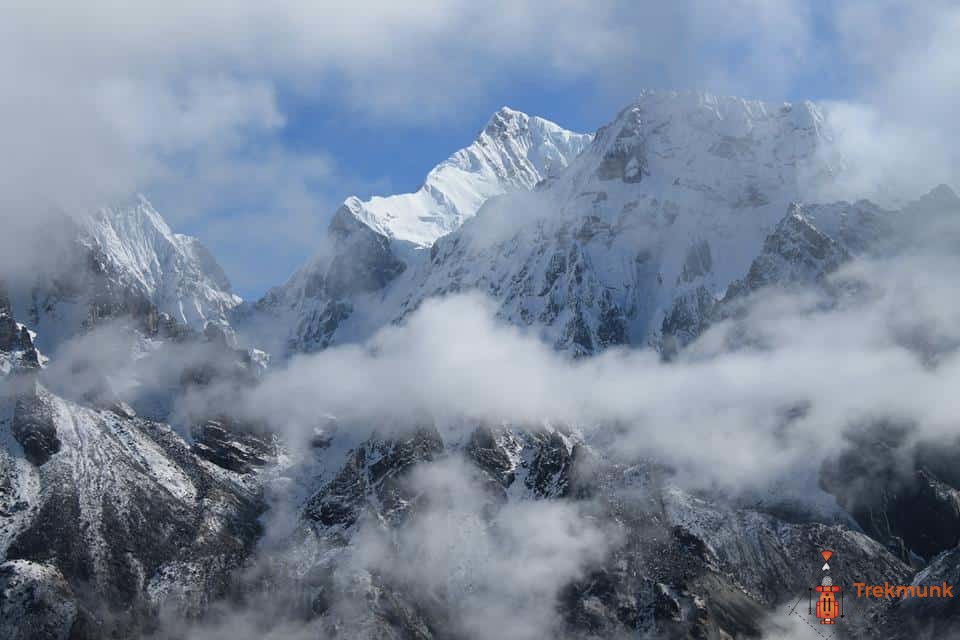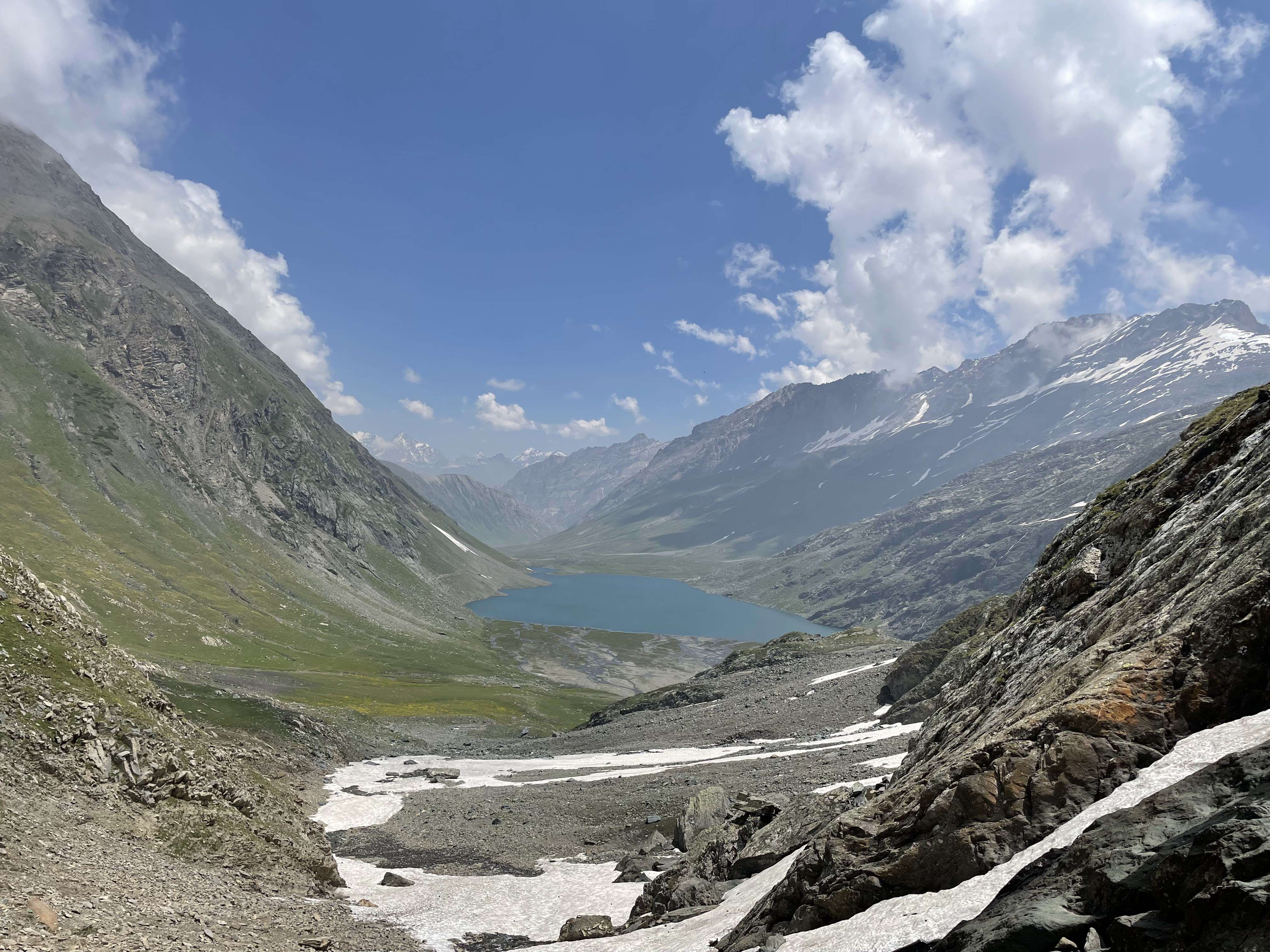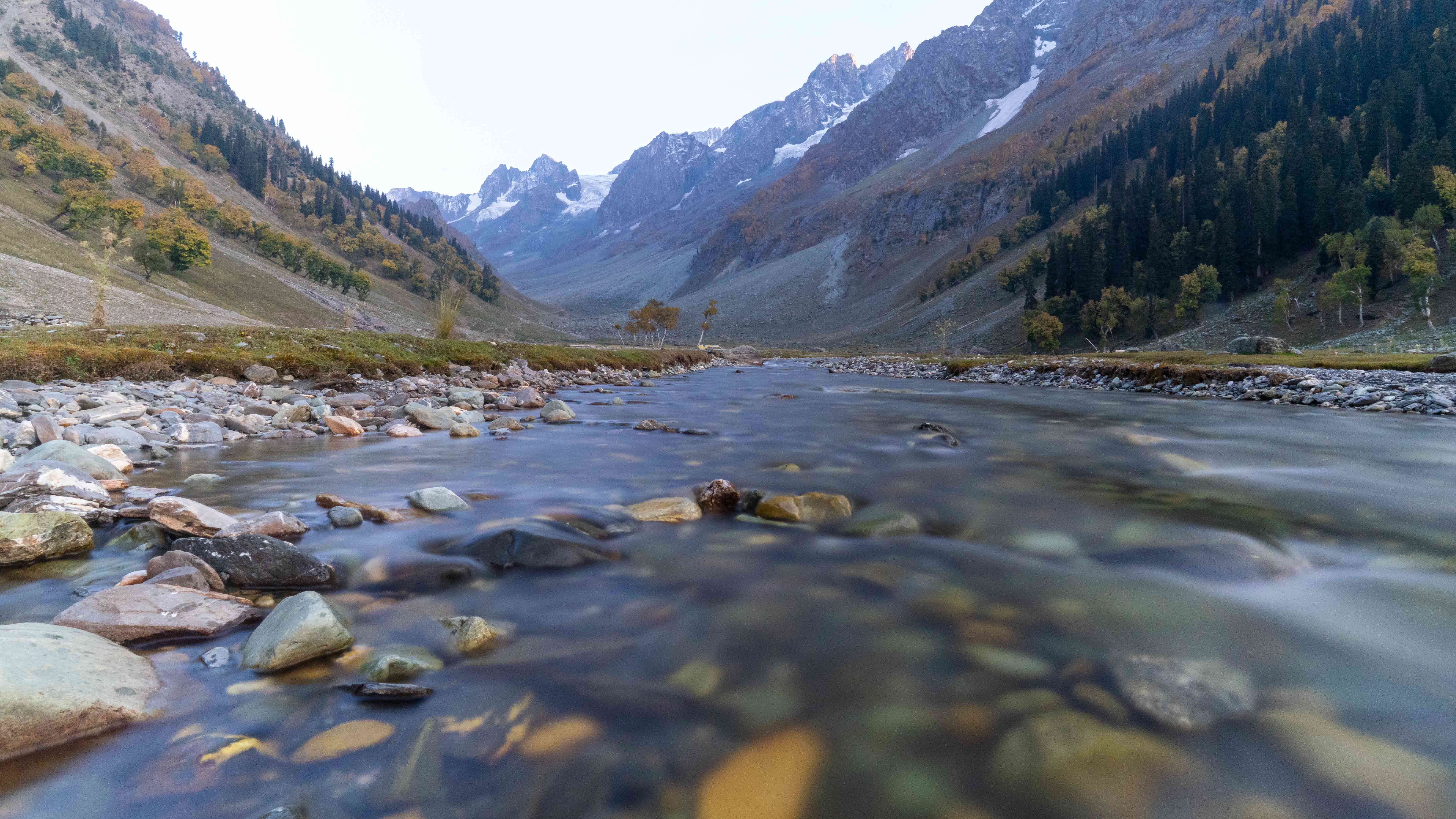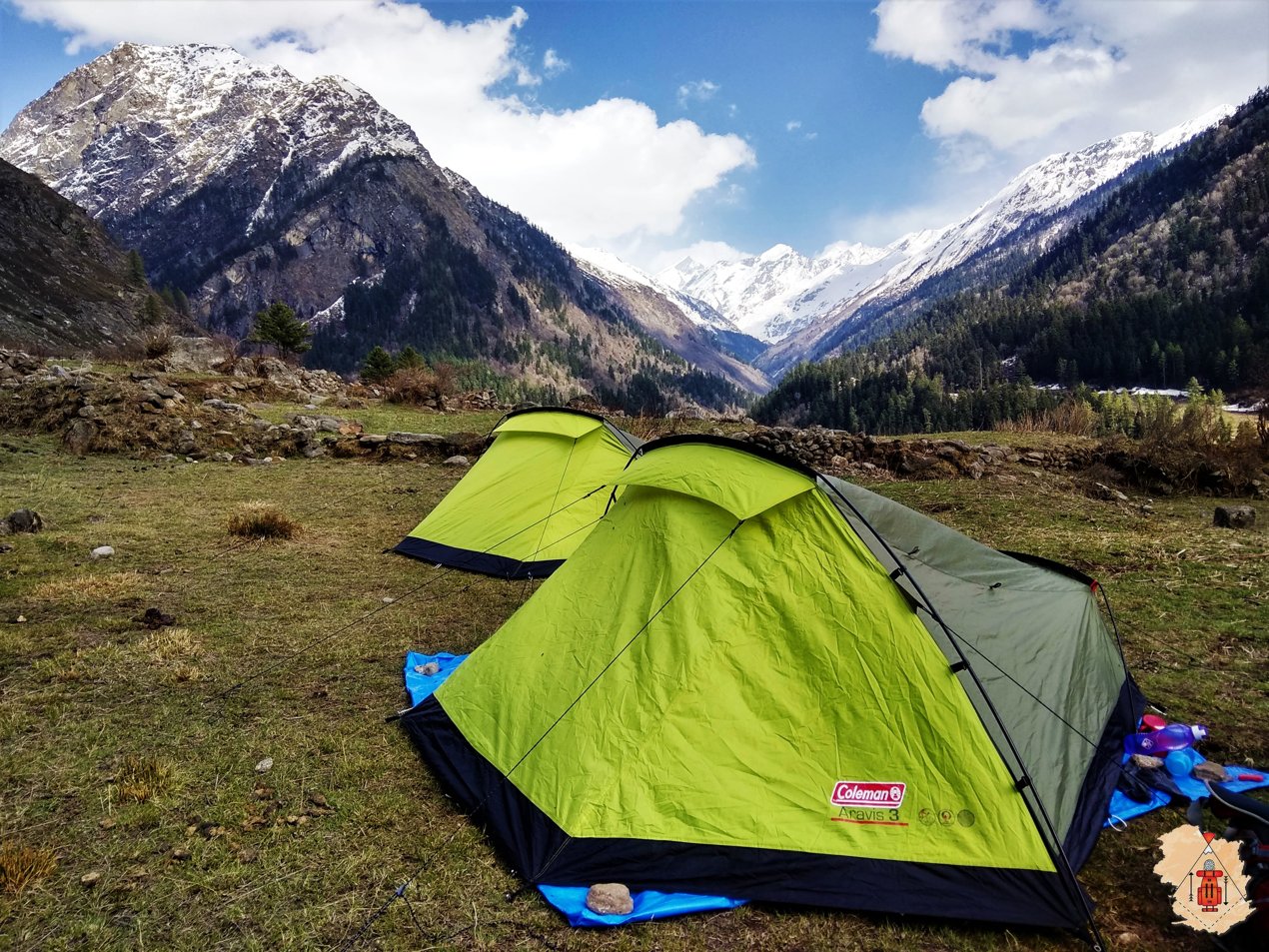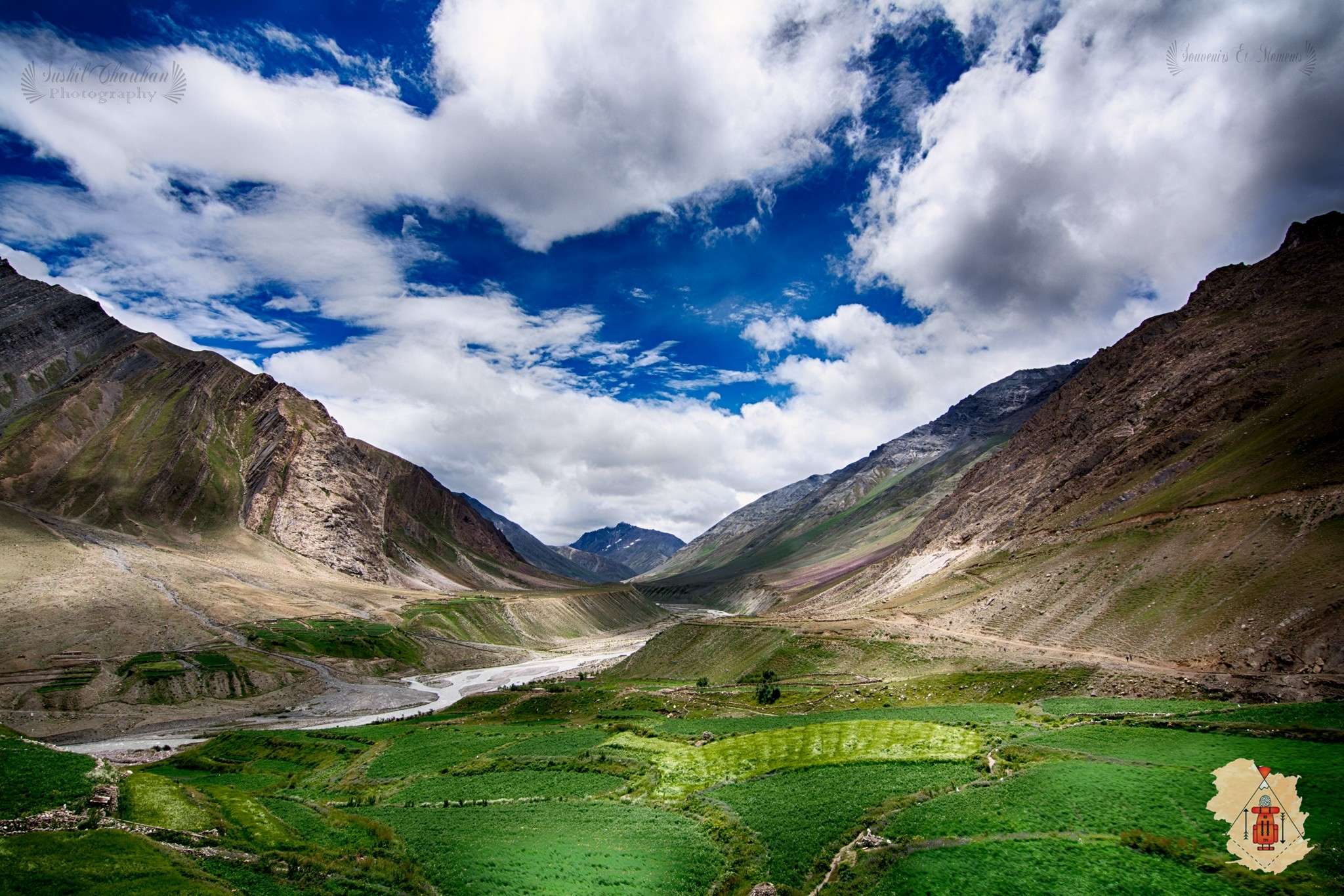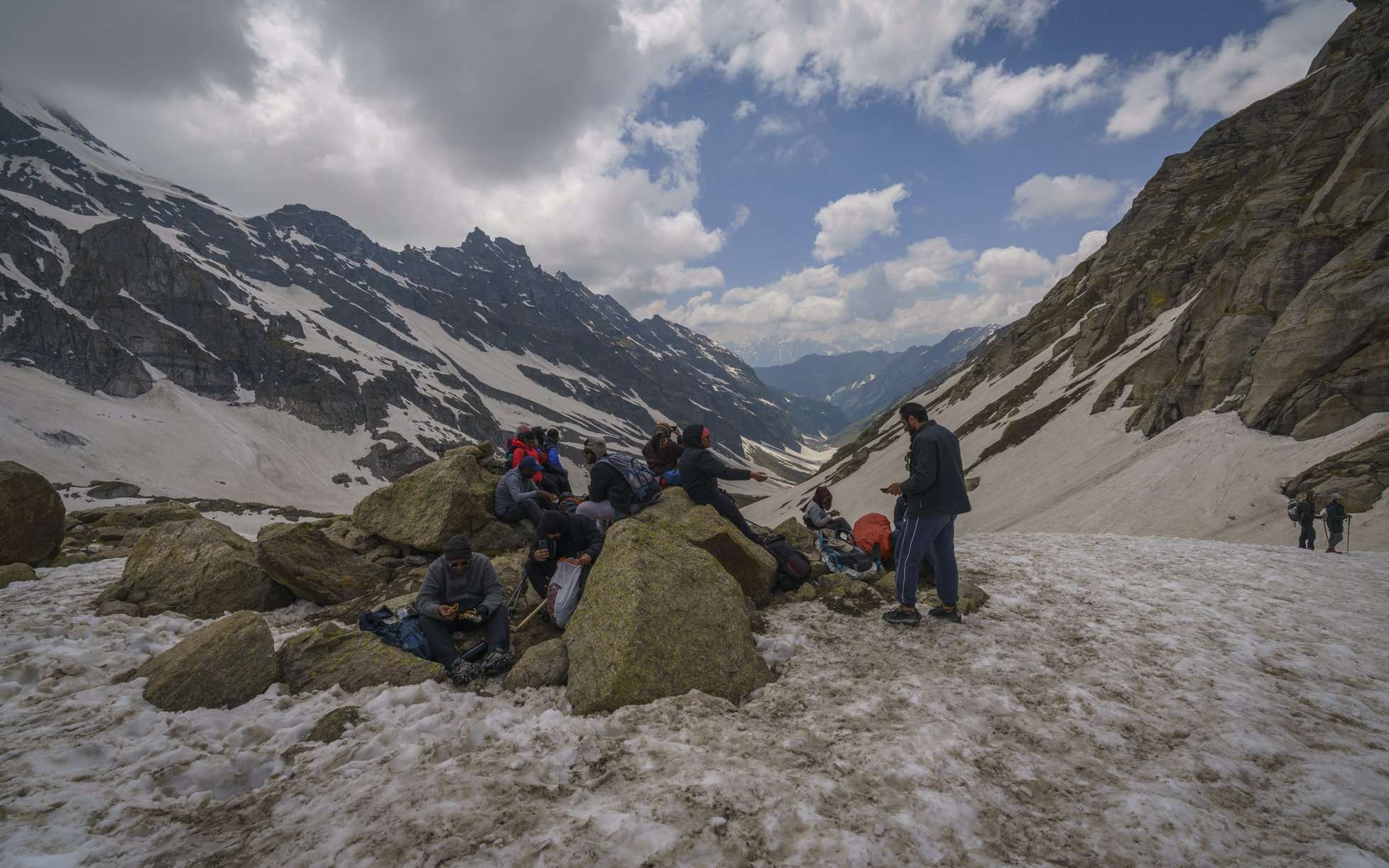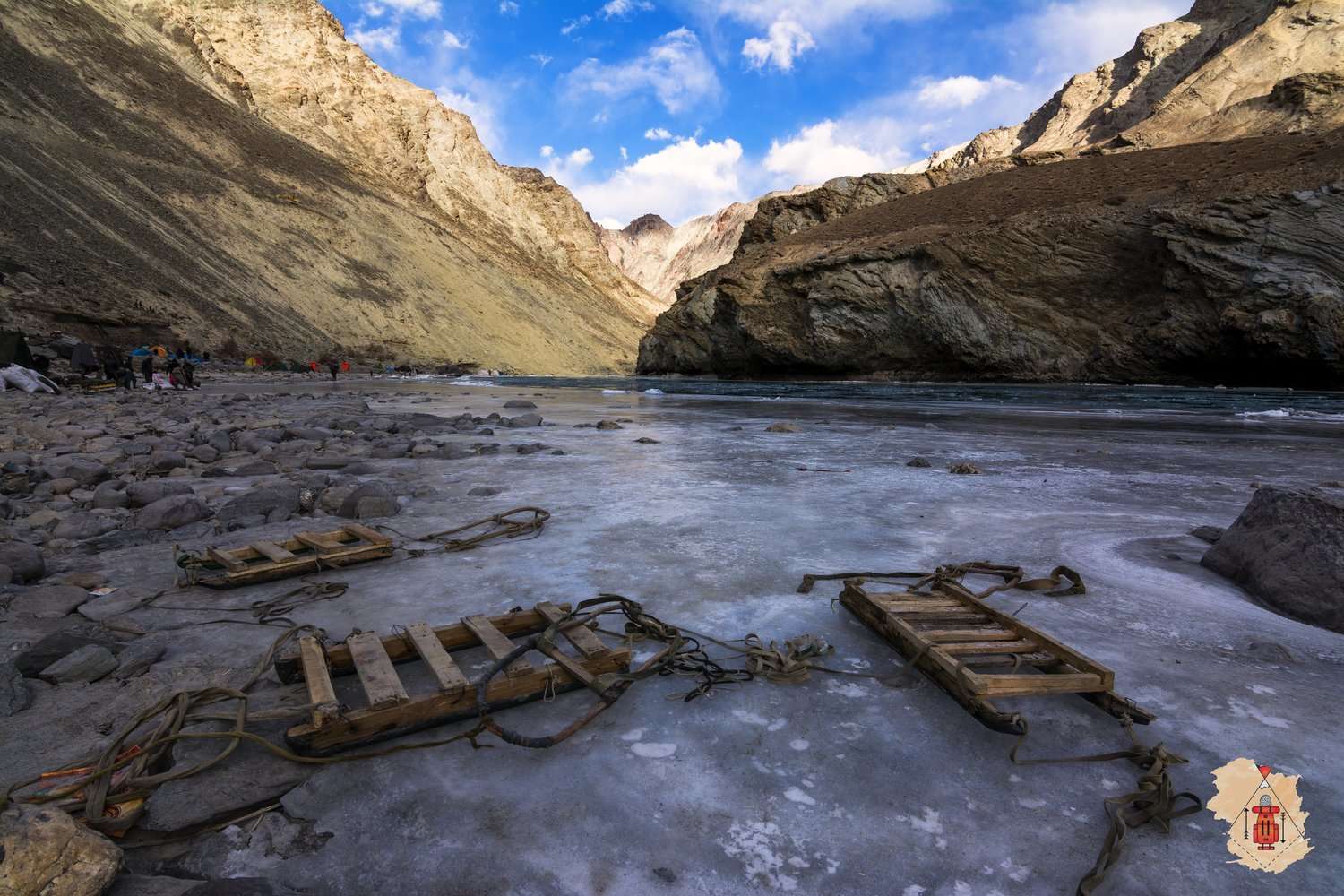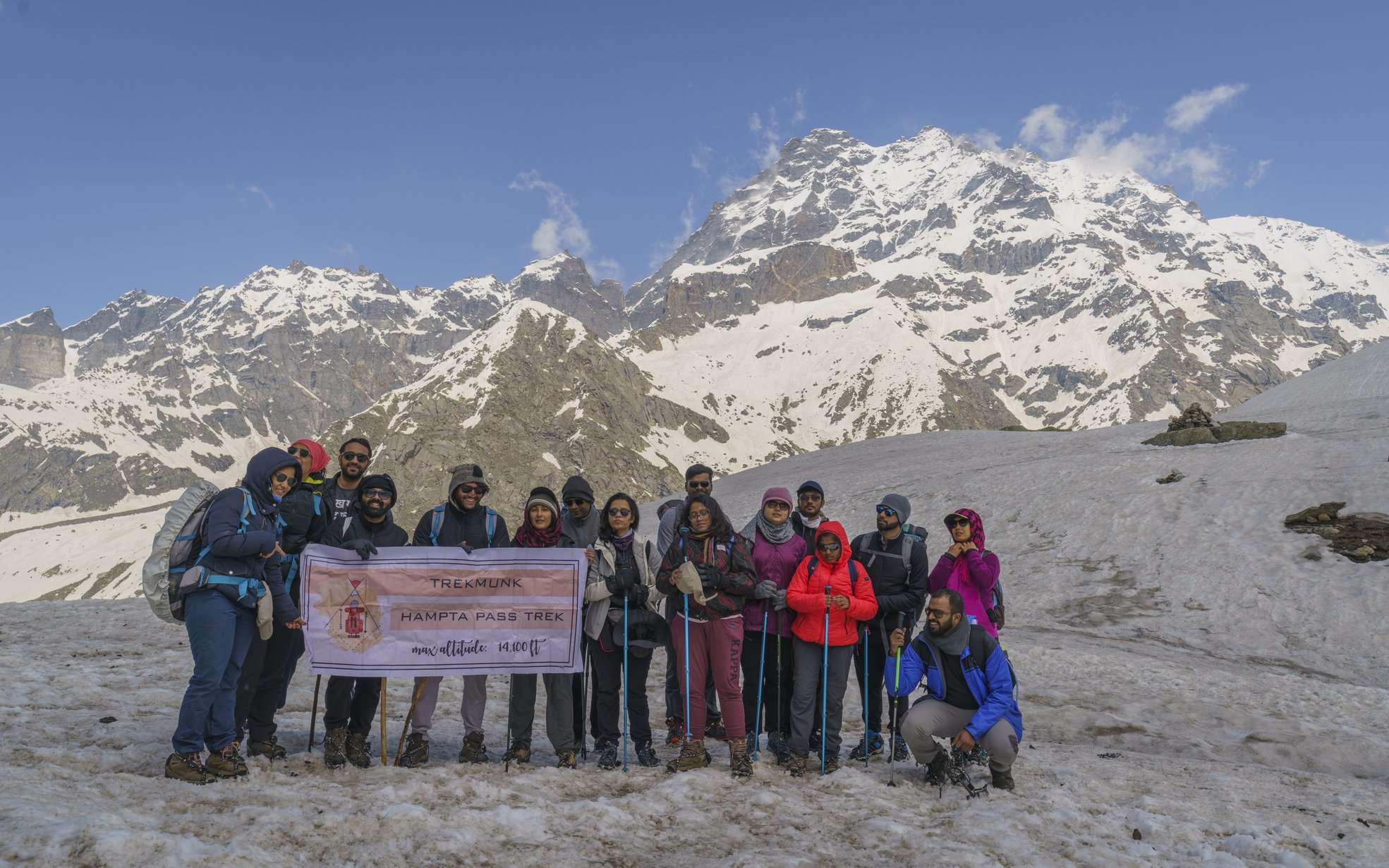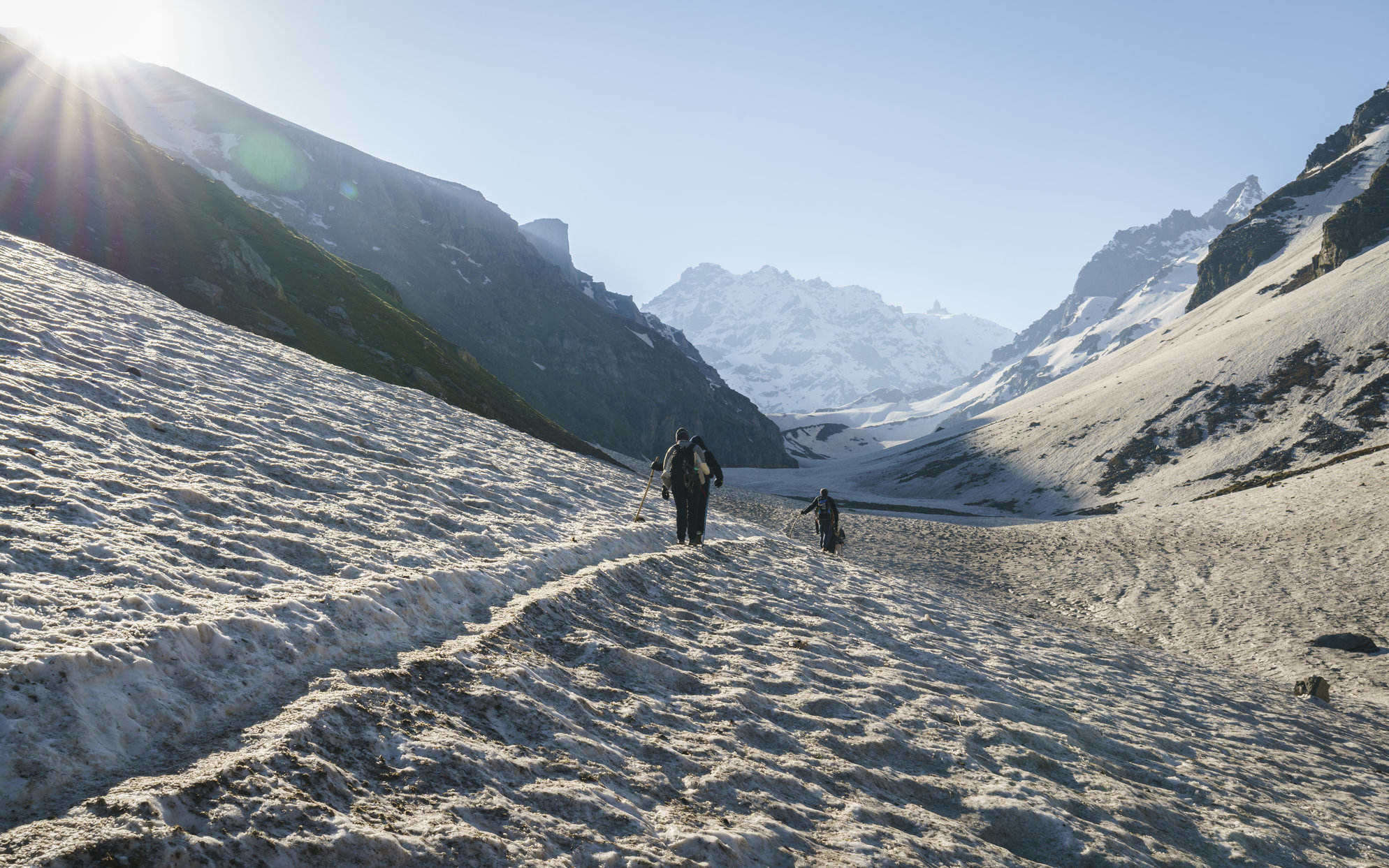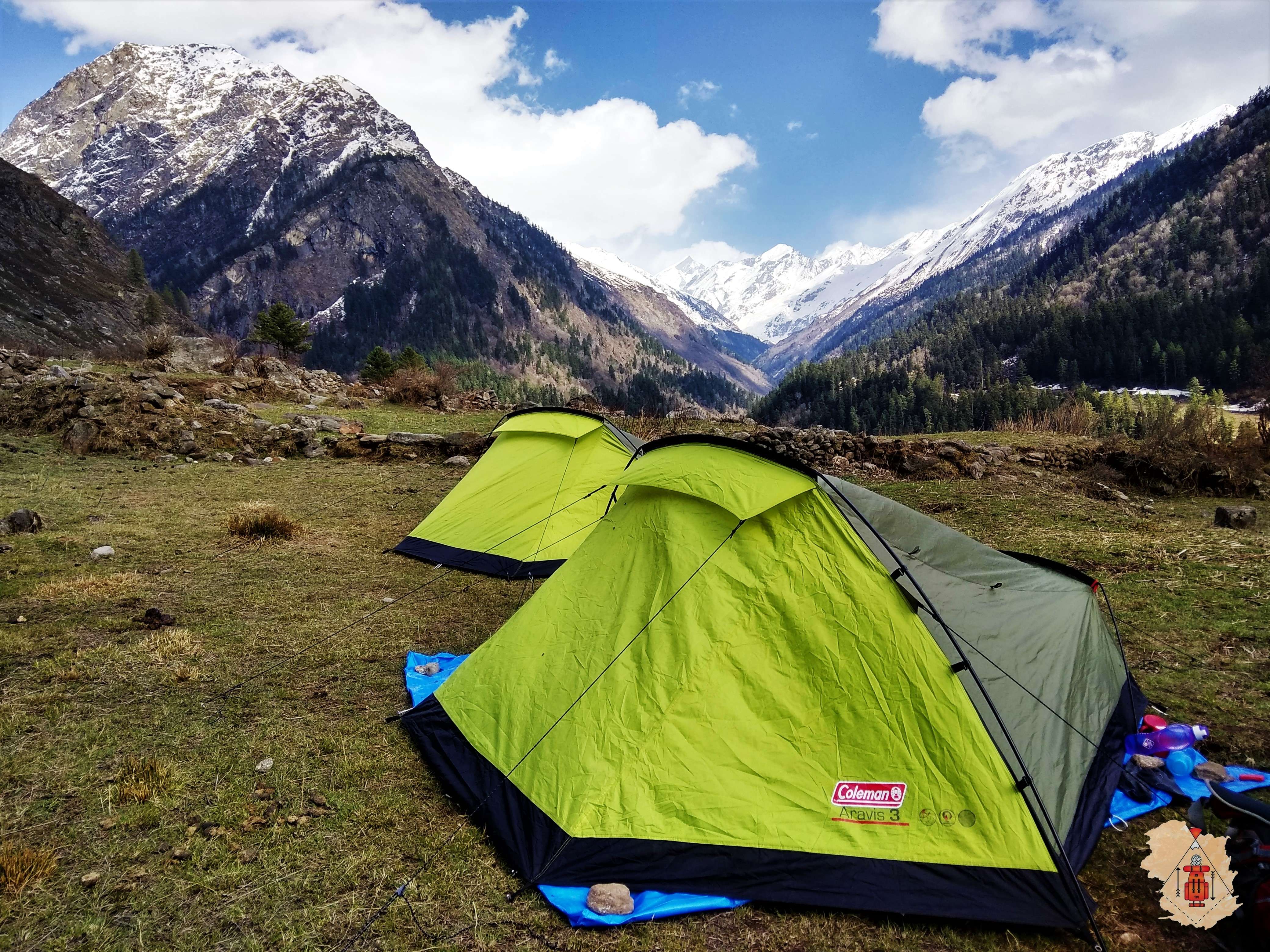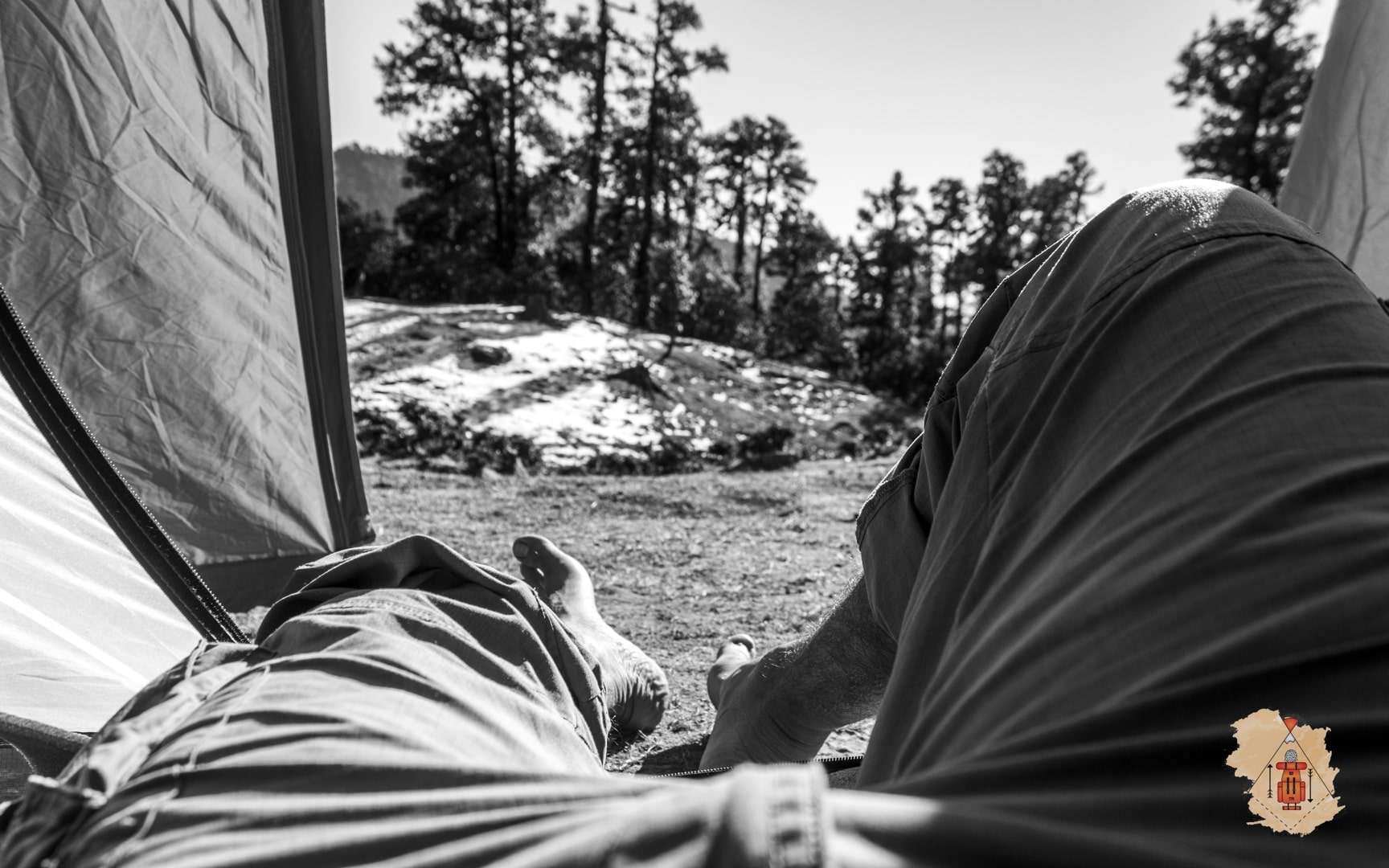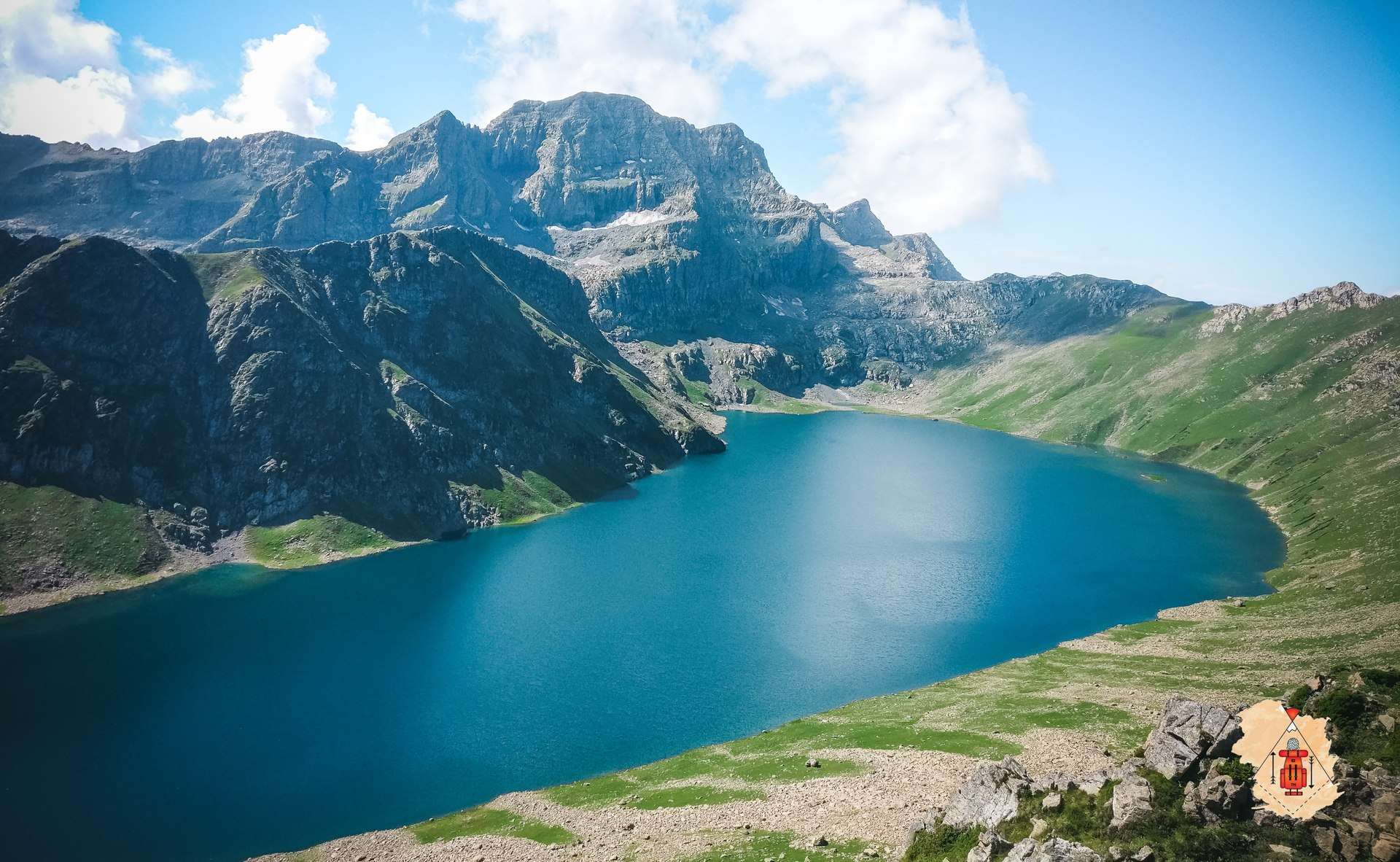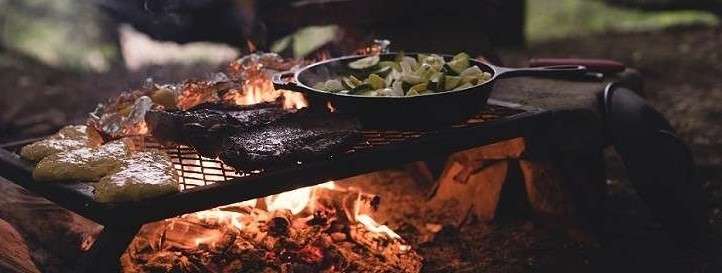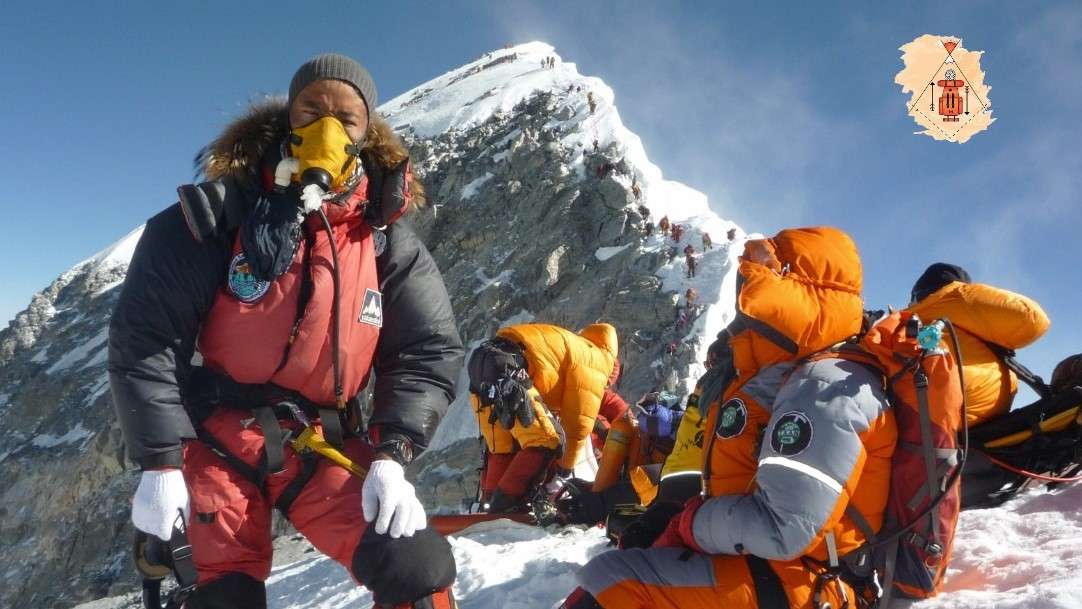Say Hello!
Sign In
What to eat before going for a Himalayan trek for proper nutrition?
If life gives you a mountain put on your boots and hike, but is that enough? Trekking or hiking is a fun yet an adventurous sports activity. Mentally you may be all set to conquer the mountains but if you are not physically fit enough it may be exhaustive and stressful. Just the way you check your car fuel before you start your journey, it is important to fuel up your body before you start your mountainous journey.
At higher altitude, your body undergoes physiological changes to keep you going. It tries to modify or adapt physiologically when faced with hot or cold tempratures coupled with falling oxygen saturation as you climb up. Accordingly your nutrient requirement changes accompanied with metabolic adaptations.
There are few blood parameter checklists that should be checked especially if you are a first timer. Do check your Hemoglobin levels, Complete Blood Count, Lipid profile, Vitamin D levels and Blood Pressure, 20-25 days prior to going for the trek. Also, it’s always good to keep your weight in check i.e. within the BMI cut off less than 27. Your good nutritional status can help you acclimatise to changing weather conditions at higher altitudes.
Few handy tips to ensure good nutritional status prior trek:
- Trekking or hiking is a high intensity adventurous activity. Therefore, Carbohydrate loading before trek allows to maintain your glycogen stores which improves your endurance and enables you to hit the finish line. A high carbohydrate diet 4-7 days prior trek will beneficial and maintain your glycogen stores above the normal capacity.
- Indian diets are generally deficient in proteins. Good quality protein in the form of dals, nuts, curd and paneer for vegetarians should be consumed adequately where as non-vegetarians can boost themselves with eggs or lean meat.
- Micronutrient which means vitamins and minerals should be supplemented under doctors/nutritionists prescription. Also, ensuring inclusion of fruits, vegetables and nuts, milk products can help you meet your requirements.
- Maintain adequate hydration as per your body weight. Thirst is not the best indicator of hydration status. Apart from humble water, lemon water, coconut water, buttermilk can help you maintain your hydration status. Good hydration status helps in smooth journey and proper body temperature regulation. Consumption of alcohol, cold drinks, caffeinated beverages prior or during trek should be avoided.
Prep up your body before trek rather than during trek. Conditioning your body with proper diet and moderate level exercises can make your way up the slope way easier. Start preparing for the trek at least a 2 weeks prior by good dietary habits and physical activity. A combination of cardio, functional training and pranayam will do wonders and ease your path. Try incorporating these few tips into your routine and you shall surely have happy trekking days!!
by Nisha Salian
Registered Clinical Nutritionist and Certified Yoga Coach RYT (300),CDE
Founder – Healthsutra
Book a Trek with us and get a free consultation from our nutritionist.
Mail us at nutritionist_@_trekmunk.com (Without underscore)

